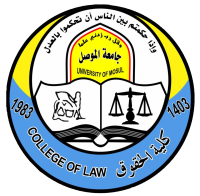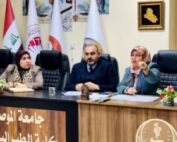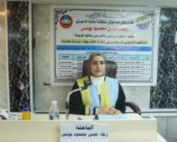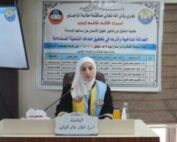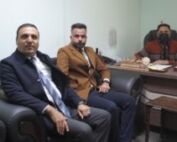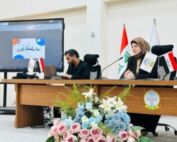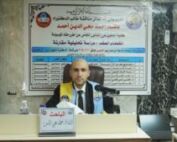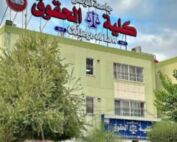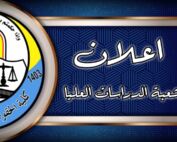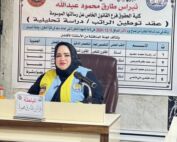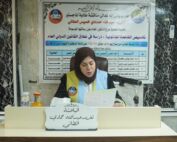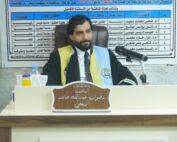21 April، 2024
Specialized legal article
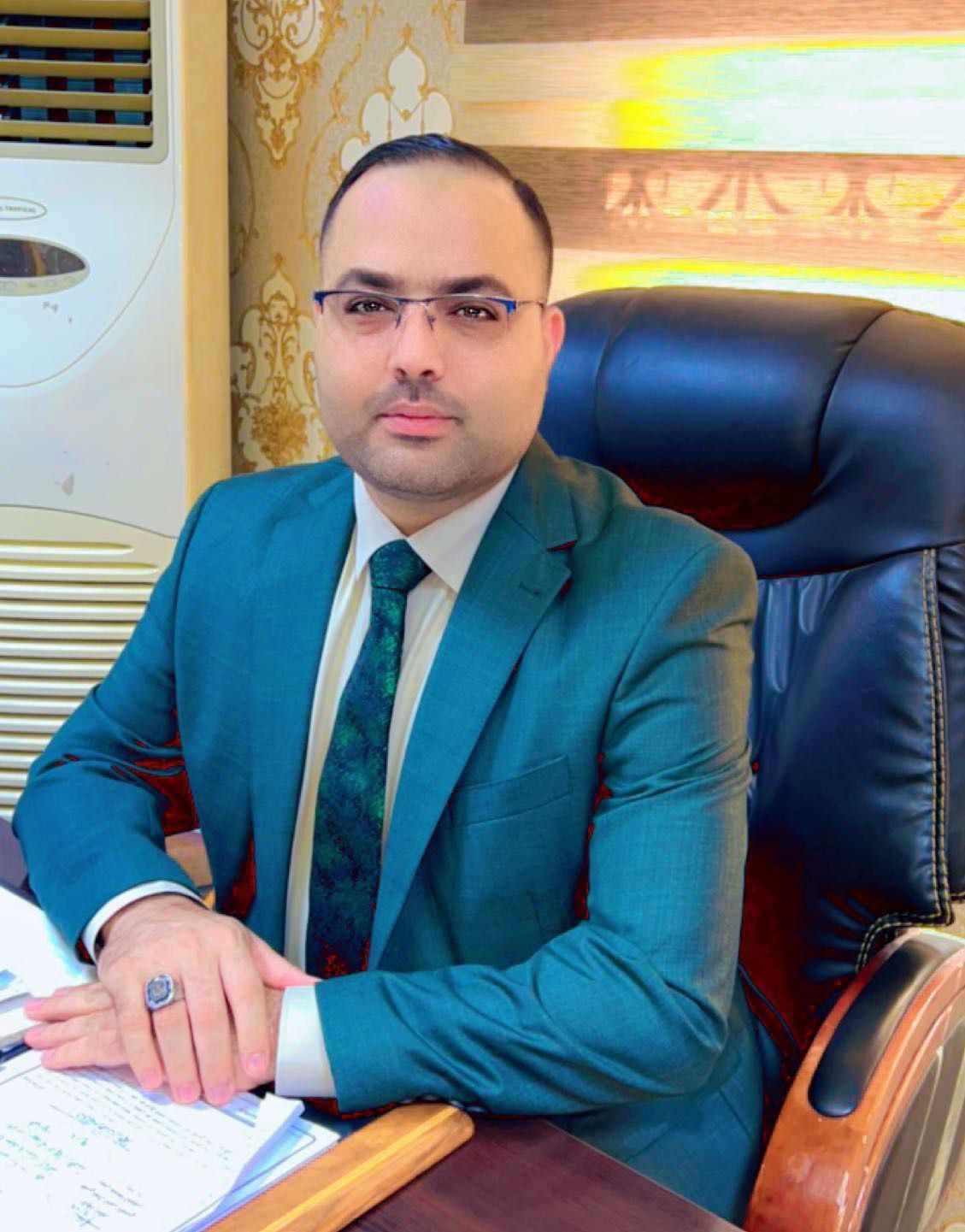
The role of the UN Security Council in protecting civilians during armed conflicts,,,
This role is represented by the measures taken by the Security Council that aim to strengthen and improve the physical protection of individuals during armed conflicts through political and diplomatic means, such as the prevention of armed conflicts, as well as taking promotional measures to support respect for international humanitarian law through its search for ways and measures that can be taken to protect civilians. From the effects of armed conflicts. On the other hand, the Security Council takes preliminary measures at the beginning of the outbreak of armed conflicts by calling on the parties to respect international humanitarian law and adopting mechanisms to reduce armed conflicts, including economic sanctions, as the Security Council issued many resolutions that include an economic ban on some countries for their exit. On international legitimacy, especially in the circumstances of non-international armed conflicts, because they violate the rules of international humanitarian law or international human rights law, and these decisions may result in many humanitarian tragedies and damage to the peoples of the countries on which this embargo was imposed. The Security Council also finds the basis of its authority in imposing sanctions. Economic in Article 41 of the Charter, which refers to the unarmed punitive measures that the Security Council may impose on states based on the achievement of one of the cases stipulated in Article 39 of the Charter, which is the occurrence of a threat to the peace, a breach of it, or an act of aggression, as well as intervention using force, With the current developments in the international system and the emergence of multiple patterns of relations with others, which constituted a reflection on theoretical concepts, as well as the West’s promotion of humanitarian considerations, which sparked wide discussions in international political and legal forums about the development of the concept of international intervention justified on humanitarian grounds, or what is called for short (humanitarian intervention). That concept is concerned with justifying international intervention in the internal affairs of a state on a humanitarian basis. There are four main articles in Chapter Seven, which is Article 39, which shows the role that the Council can play in determining cases of threat to peace, as it stipulates: “The Council shall decide whether If there has been a threat to the peace or a breach thereof, or an act of aggression, it shall make its recommendations or decide what measures must be taken in accordance with the provisions of Articles 41 and 42 to maintain international peace and security or restore it to normal. Also, imposing sanctions on a state that violates human rights would Reminding them of what they must take into account, as the right to humanitarian aid has become a strong justification for the use of force and then activating the collective humanitarian intervention mechanism under the management of the United Nations.
Dr. Ahmed Fares Idris Al-Hayali/
Teacher of international humanitarian law/
Human rights law branch/
collage of rights/
University of Al Mosul .
